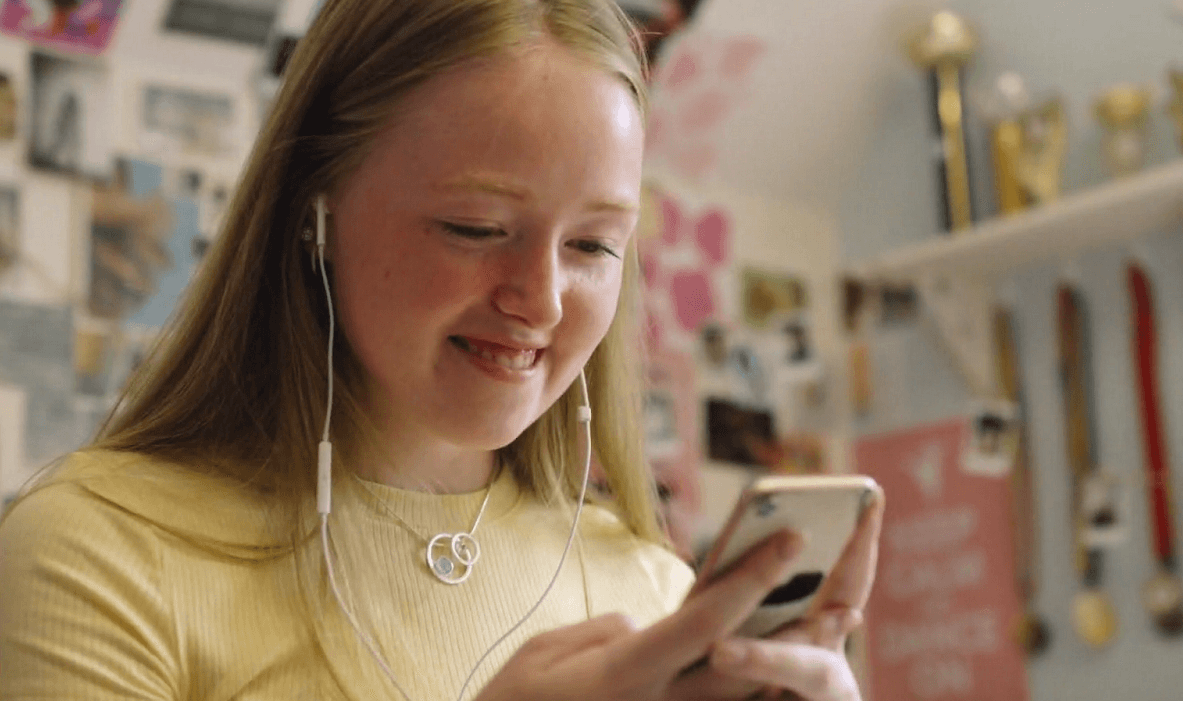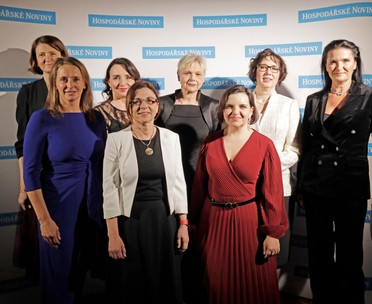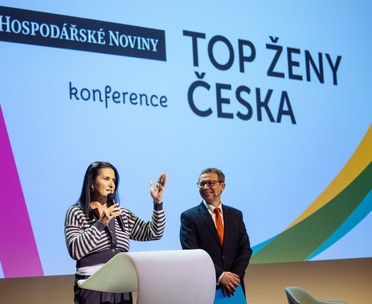

We support
Partnership between People in Need and Bakala Foundation gives rise to new media education lectures
November 14, 2022
The growing incidence among elementary and secondary school pupils and students of risky behavior associated with time spent in the cyberspace (including, in particular, addiction to spending time online and cyberbullying) is a cause for alarm. And so is the increasing amount of time young people spend online.[1] Compared to other age groups, teenagers suffer from higher incidences of addictions and depression, often linked to an excessive use of online media, namely social networks[2] Teachers are also acutely aware of these phenomena. The NGO People in Need responded to the situation within its educational program One World at Schools (JSNS). It released two new lectures dedicated to media education. The lectures are designed to guide pupils through pitfalls associated with a presence in the online world. The lectures were created in cooperation with the Bakala Foundation.
“Young people today spend a significant part of their lives in cyberspace, while they all too often lack a sufficient understanding of its inner workings. While the algorithms employed by social media are not available for public scrutiny, their underlying business purpose is to keep the user interacting for as long as possible. As a result, the use of social media and the online world in general directly affects behavioral patterns and manners of expression and self-presentation,” says Karel Strachota, Director of JSNS, adding: “In order to remain in step with the lives of today’s young people and to be able to assist them in tackling modern threats, we released two lectures that respond directly to social media realities.”
As the titles of the new lectures – The Full Picture and Be In Control – suggest, they focus on predominantly online activities of young people. Through the use of a short video clip, The Full Picture helps pupils and students reflect on the actual image their social media presence projects. The lecture enables them to learn, in a single school lesson, about the pitfalls of self-presentation and self-stylization on social media and to question whether the viewing of images of videos posted by other social media users is beneficial to one’s mental wellbeing.
Presenting a story of two young people, Be In Control enables teachers to educate their pupils and students about the risks of sharing private information with others online. The lecture arms young people with the tools that can help them to detect the signs of false profiles or doctored images and verify the identity of the person with whom they are communicating online.
The lectures are suitable for pupils aged 11 to 14, i.e. those attending higher grades of elementary school. They are accompanied by follow-up activities in the form of interactive quizzes.
“As a mother of four school-aged children I am only too aware of the effects of time spent online and on social media. Screen time definitely tends to increase with age, and so do the worries of us as adults about the children’s safety,” says Michaela Bakala, Chairwoman of the Board of Trustees of the Bakala Foundation. The foundation financed the production of the new lectures as part of its long-term support for the media education program JSNS. Michaela Bakala believes that educating young people and helping them develop critical thinking skills is of the utmost importance. “It is all too easy to fail to realize the full gamut of online risks encountered by children. We have little idea of what information they share and with whom. The media education lectures provide teachers with the tools to make teaching about safe online behavior natural and straightforward,” explains Michaela Bakala.
A lesson of English and media education in a single package
Be In Control and The Full Picture are the latest additions to the JSNS program produced with the support of the Bakala Foundation. A series of three short films, About Media, was created in the spring of 2022. In an entertaining, easy-to-follow form, the films explain how media work. They can now even be included in English lessons, namely as lectures titled What makes news news? and In the world of fake news.
“We often hear from tutors attending our seminars and from our own lecturers and the wider teachers’ community that they would love to deliver a media education lesson if only they had more time. That was an additional reason why we converted two of our media literacy lectures for use in English lessons. Our portal alone registers almost 3,500 foreign language teachers. We would be more than happy if others took advantage of our offer as well,” says Karel Strachota.
[1] In the Czech Republic, the time children spend online increased from less than two hours to almost three hours a day between 2010 and 2020. Research methodology and results can be found at www.eukidsonline.net. The growing incidence of cyberbullying was also underlined by a survey among prevention methodologists conducted by JSNS in 2020. The survey’s final report is available at https://www.jsns.cz/nove/projekty/medialni-vzdelavani/vyzkumy/metodici_prevence_final.pdf
[2] Technologie a děti: současná doporučení pro pediatry, authored by Mgr. Michaela Slussareff, Ph.D., and Mgr. Kateřina Lukavská. The text is available at https://www.pediatriepropraxi.cz/pdfs/ped/2021/02/07.pdf
hufton%2Bcrow_037-JVHz.jpg)

